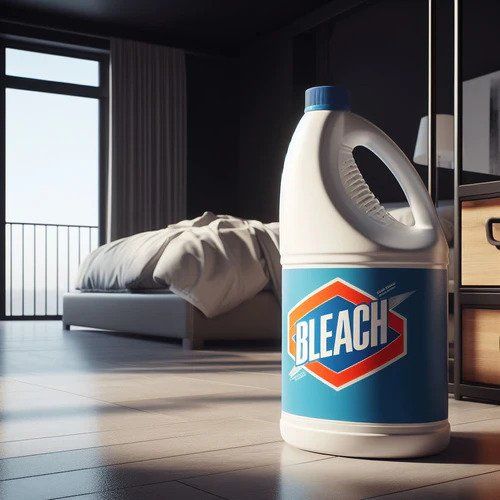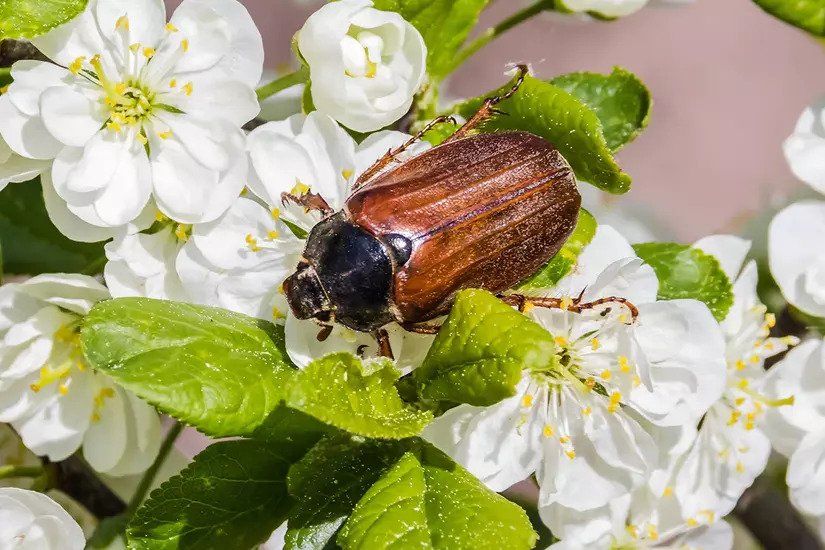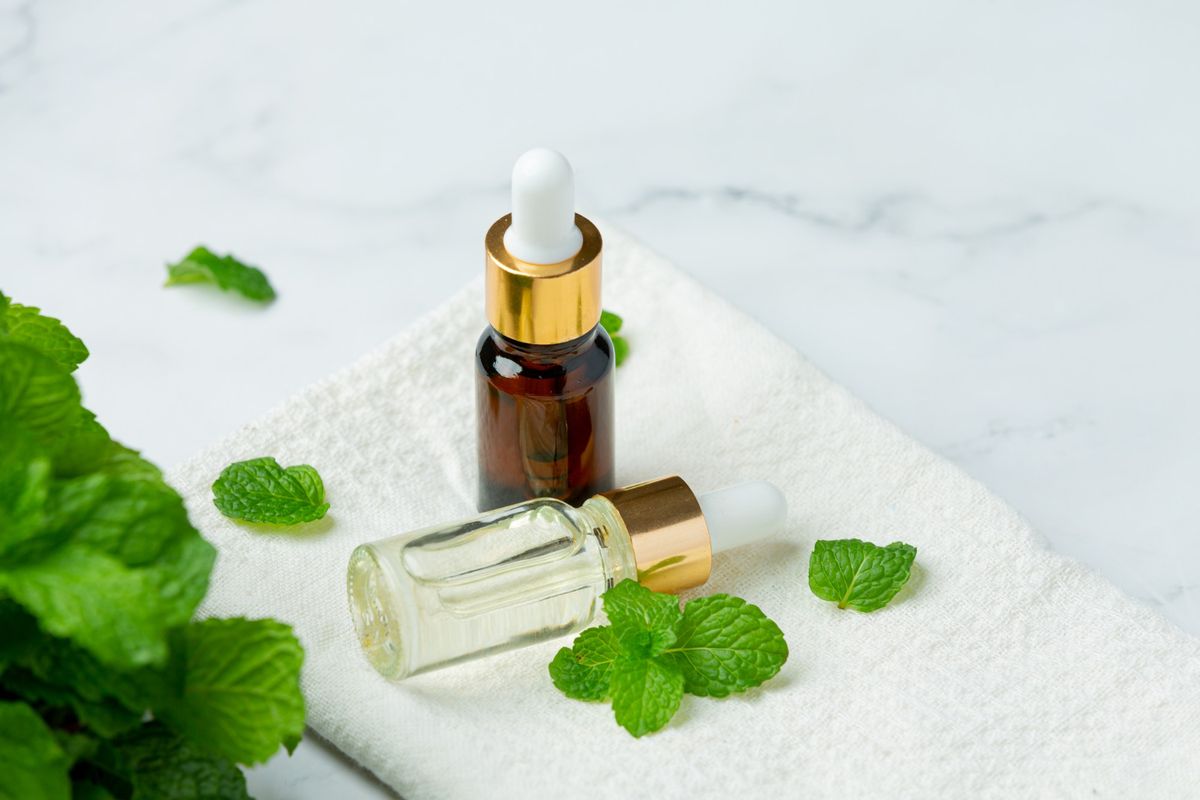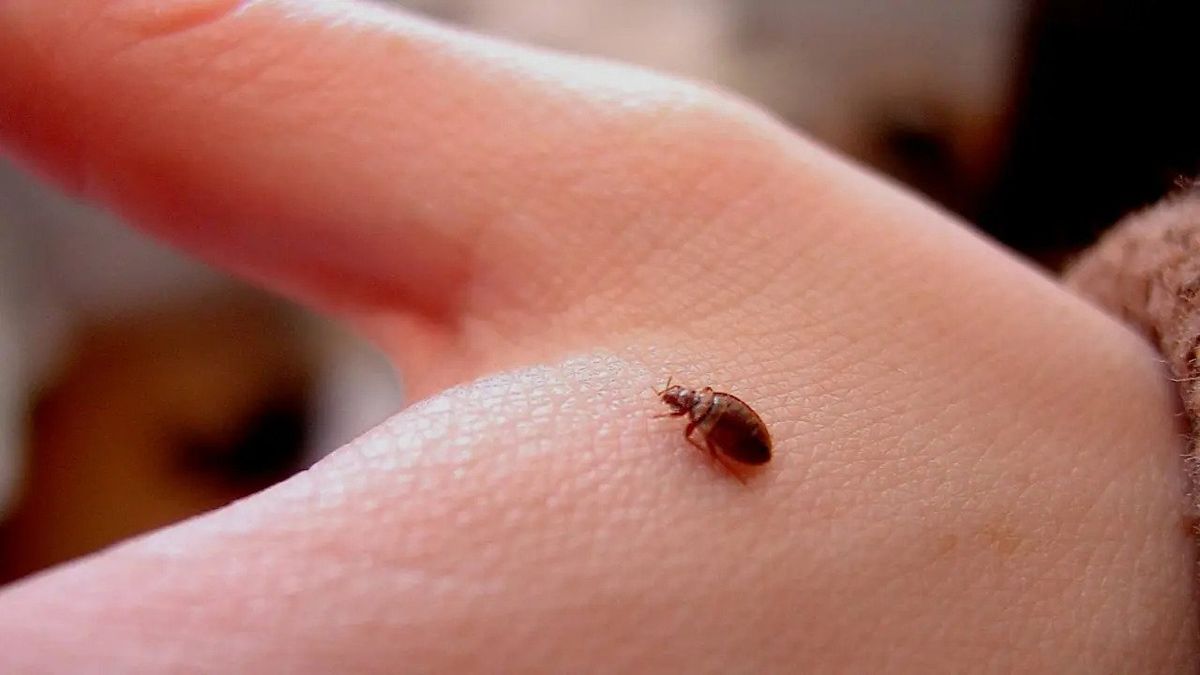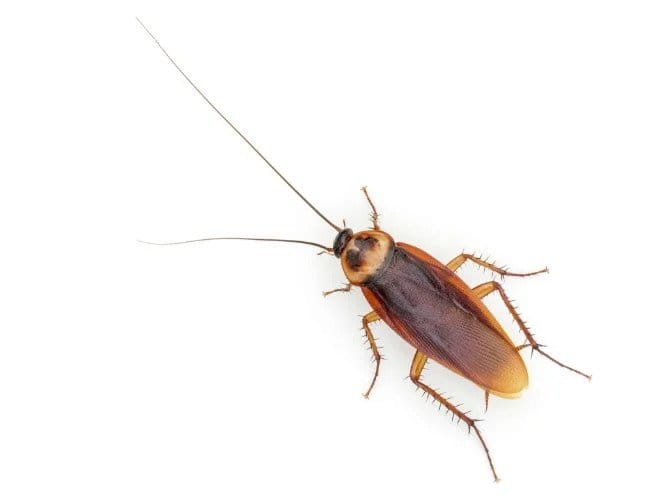We've all had that sudden, uncomfortable encounter with a giant water bug scuttling across our kitchen floor or lurking in our bathrooms. These unwelcome visitors, often mistaken for oriental cockroaches, can transform our living spaces into uninviting habitats.
Not only are they a nuisance, but some people may also experience allergic reactions due to their bites. This comprehensive guide aims to equip you with the knowledge and tools necessary to reclaim your home from these pests.
We will delve into the nature of water bugs, understand their habits and habitats, and most importantly, we'll discuss proven methods to get rid of them effectively.
Understanding Water Bugs
Water bugs, also known as giant water bugs or electric light bugs, are attracted to damp environments and food leftovers. They are often found around standing water, in dark brown rotting leaf piles, and near water pipes in damp areas. Unlike actual water bugs that live in swimming pools and freshwater ponds, these pests are aquatic insects that thrive in wet environments.
Oriental cockroaches, often mistaken as water bugs, are dark brown and have long antennae. They are common pests in apartment buildings and are attracted to drain scum, sewage pipes, and leaky pipes.
Another pest often mistaken for water bugs is the palmetto bug, which is an American cockroach. These pests are attracted to moist environments, food sources, water bugs bite, and other roaches.
How to Get Rid of Water Bugs
Use Food-Grade Diatomaceous Earth
A highly effective method for eliminating water bugs and other pests involves the utilization of food-grade diatomaceous earth. This natural solution ensures optimal results while maintaining the safety standards required pet food for. This non-toxic powder kills insects by dehydrating them. Spread a thin layer of this natural insecticide in their potential entry points such as air ducts, damp areas, and around doorways.
Use Boric Acid
Boric acid is another effective substance for getting rid of water bugs. It destroys the insects' exoskeleton, causing dehydration and death. Sprinkle it in damp areas, especially around drain pipes and sewage pipes.
Maintain Cleanliness
Water bugs are attracted to food leftovers and dirty dishes. Keep your kitchen clean and ensure all food items are stored in containers with tight-fitting lids. Regularly clean garbage chutes, recycling bins, and garbage receptacles to keep these pests at bay.
Fix Leaky Pipes
Leaky pipes create damp environments that attract water bugs. Ensure that all water pipes are properly maintained to prevent these pests from invading your home.
Use Traps and Poison
In case of a serious infestation, consider using traps or poison. Sticky traps can be effective in catching these pests. Be cautious when using poison, especially if there are children or pets at home.
Preventive Measures
Water bugs, also known as giant water bugs, are common in bodies of water such as ponds and lakes. However, they can also infest your home and become a serious problem. Not only are they unsightly, but they can also carry diseases and cause damage to your property. If you're looking for ways to prevent water bugs from invading your home, keep reading.
Keep Your Home Clean and Dry
One of the most effective ways to prevent water bugs is to keep your home clean and dry. Water bugs are attracted to moisture, so it's important to eliminate any sources of standing water in your home. This includes leaky pipes, faucets, or appliances. Fixing any leaks immediately can help prevent water bugs from settling in your home. Also, make sure to wipe down any wet surfaces, particularly in the kitchen and bathroom, and regularly vacuum or sweep floors to eliminate any crumbs or food particles.
Use Natural Insecticides
When it comes to water bugs, prevention is always better than cure. One natural way to keep water bugs away is to use essential oils, such as tea tree oil or eucalyptus oil. These oils have insecticidal properties and can be sprayed around your home to prevent water bugs from entering. Another option is to use a natural insecticide, such as diatomaceous earth, which is safe for humans and pets but can kill water bugs by scratching their exoskeleton and dehydrating them.
Seal All Cracks and Holes
Water bugs can enter your home through tiny cracks and crevices, so it's crucial to seal all possible entry points. Check your doors, windows, and foundation for cracks or holes and repair them using caulking or weatherstripping. This not only keeps water bugs out but also helps to improve the energy efficiency of your home.
Maintain Your Yard
Water bugs can enter your home through holes in your walls or foundation, but they can also come from your yard. To prevent this, make sure to maintain your yard regularly. Keep grass and weeds trimmed, remove any piles of debris or lumber, and ensure that your gutters are clean and functioning correctly.
Call a Professional Pest Control Company
If you've tried all the preventive measures above, and you still have water bugs in your home, it's time to call a professional pest control company. Pest control companies have the knowledge, experience, and equipment necessary to rid your home of water bugs and other pests safely.
Dealing with Different Types of Water Bugs
Understanding the different types of water bugs can help you deal with them effectively. Let's discuss some common types that you might encounter in your home.
Actual Water Bug
Actual water bugs, also known as giant water bugs or toe-biters, are common in freshwater bodies like swimming pools, ponds, and lakes. They are usually not found in homes unless there is a significant source of standing water.
These insects can bite when threatened, but they generally pose no threat to humans. However, they can be a nuisance if they infest your swimming pool. To prevent this, ensure regular cleaning and maintenance of your pool, and consider using a pool cover when it's not in use.
Palmetto Bugs
Palmetto bugs, or American cockroaches, are often mistaken for water bugs due to their affinity for damp environments. They are attracted to food sources and can cause damage to your property if left unchecked.
To get rid of palmetto bugs, maintain cleanliness in your home, especially in the kitchen and bathroom. Store food in sealed containers, clean up spills immediately, and take out the trash regularly. Also, seal any cracks or crevices where these pests may enter your home.
Oriental Cockroach
The oriental cockroach is another pest often mistaken for a water bug. These insects are dark brown and have long antennae. They thrive in damp areas and are particularly attracted to drain scum, sewage pipes, and leaky pipes.
Maintaining cleanliness and fixing leaky pipes can go a long way in preventing an oriental cockroach infestation. You can also use boric acid or diatomaceous earth to eliminate these pests.
Home Remedies for Getting Rid of Water Bugs
Essential Oils
Essential oils such as peppermint, eucalyptus, tea tree, bergamot, lavender, and citrus oils can repel water bugs. Mix these oils with water in a spray bottle and spray around potential entry points and damp areas.
Vinegar and Baking Soda
A mixture of equal parts vinegar and baking soda can effectively kill water bugs. Sprinkle this mixture in areas where you've noticed cockroach activity.
Maintain a Clean Backyard
Water bugs can breed in backyard ponds and freshwater ponds. Keeping these areas clean can help control the water bug population.
Hiring Pest Control Services
If the infestation is large-scale, it might be best to hire professional pest control services. They have the expertise and tools to handle such situations and can provide long-term solutions to keep your home free from pests.

In conclusion, dealing with water bugs might seem daunting, but with the right knowledge and tools, you can successfully rid your home of these unwanted visitors. The key lies in understanding their habits, being vigilant about cleanliness, and using effective treatments. While boric acid, diatomaceous earth, and other home remedies can be effective, sometimes the scale of a water bug infestation might necessitate professional intervention.
Remember, combating water bugs is not just about getting rid of them but also about preventing their return. By maintaining dry and clean environments, fixing moisture issues, and sealing potential entry points, you can create a home that's inhospitable to water bugs. Let's reclaim our homes from these pesky invaders and ensure a safe, pest-free living environment for ourselves and our families.
